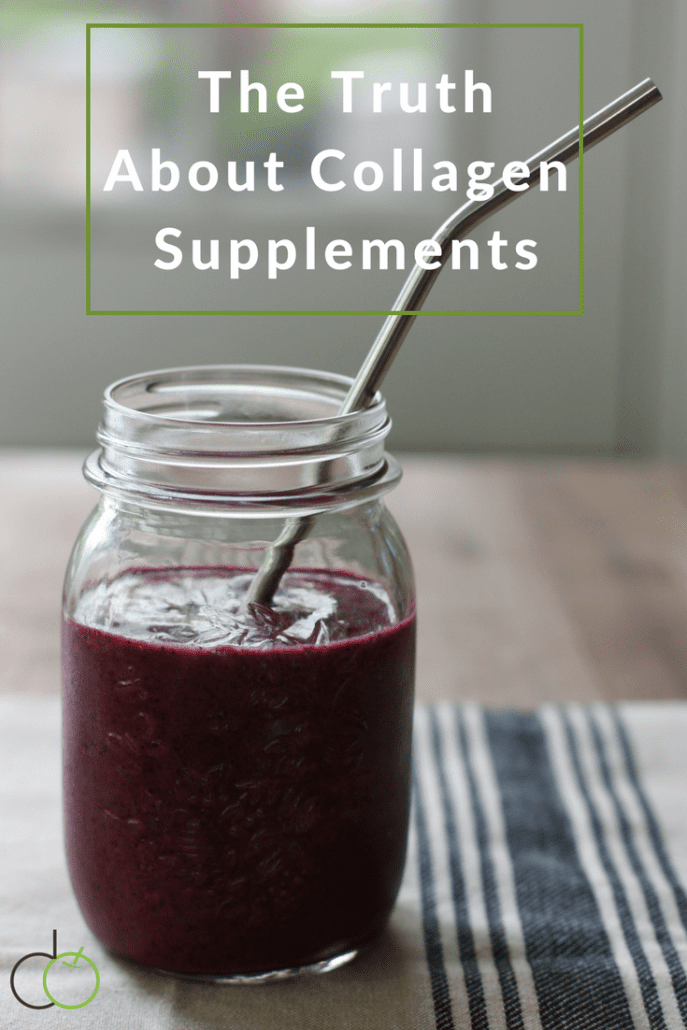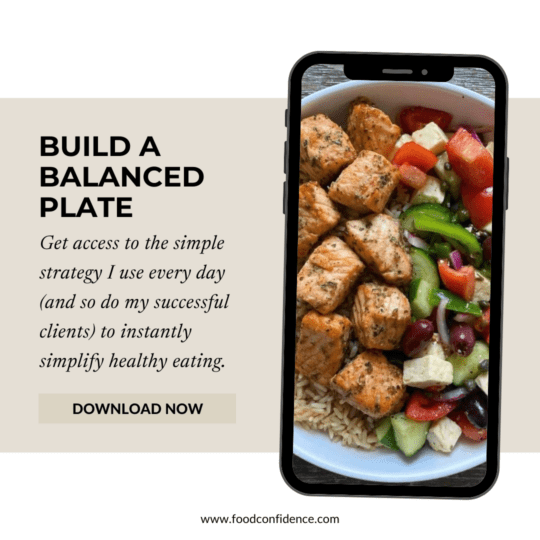 The Truth About Collagen Supplements
The Truth About Collagen Supplements
Collagen supplements are all the rage right now. Celebrities, bloggers and probably your co-workers are stirring collagen powder into their green smoothies and bulletproof coffee, touting it as an anti-aging miracle. It makes sense, since collagen is a protein found prominently in our bodies. It keeps our muscles, tendons, and skin strong and elastic, features that fade as we age and our collagen production decreases…hello, sagging skin and wrinkles. So giving your body more collagen to work with means wrinkles and achy joints aren’t coming your way, right?
Well, maybe. But let’s not all gulp down a collagen slurry so fast – the research is still a little cloudy.
What are Collagen Supplements?
Collagen is a fibrous protein found all throughout our bodies. It makes up our connective tissue, gives our skin strength and elasticity, and is the main building block of tendons, cartilage, hair, nails, bones, and joints. Collagen is made primarily of two amino acids, proline and glycine, which are the non-essential type (meaning our body produces them naturally, rather than requiring that you consume them through food). The idea behind collagen supplements is that they provide “extra” of these amino acids, hydrolyzed for better absorption, so that your body can use them to produce more collagen.
Collagen supplements are made from parts of animals that contain a lot of connective tissue, and therefore plenty of collagen. Most collagen supplements are made from the bones, hides, and cartilage of cows, although fish, egg, and chicken collagen supplements are on the market, too.
Benefits of Collagen Supplements
There’s some good research showing that collagen supplementation has beneficial effects on joint pain and stiffness in athletes and osteoarthritis patients. There’s also been statistically significant evidence that collagen supplementation can improve skin elasticity and reduce wrinkles in women (yay!). Some popular collagen supplements claims that it improves bone density as well, and studies are looking favorable for that claim, especially since there’s little safety risk in taking collagen supplements (no severe side effects have been noted).
Should You Supplement with Collagen?
While there is evidence out there that collagen supplementation can be beneficial in several ways, several studies have come up short, not finding any significant effects from collagen supplementation or suggesting that we wait for more conclusive research before calling collagen a miracle.
Let’s remember that our bodies are pretty complex, just like eating fat doesn’t directly translate to body fat, eating collagen doesn’t directly translate to more collagen in your skin and bones. Collagen supplements may provide the building blocks of collagen, but those amino acids don’t come with a sticky note saying “send me right to the wrinkles and joint pain, please!” Collagen is digested and absorbed as individual amino acids, and those amino acids can be used for numerous body processes, not just skin health. As long as your diet contains enough essential amino acids to carry out its normal functions, it can produce as much glycine and proline (and therefore collagen) as it needs. Vitamin C is also a necessary factor in your body’s natural production of collagen, and it’s another nutrient you can get pretty easily with a healthy diet.
What’s the Final Word?
If you’re looking for a boost in collagen production, collagen supplements have some scientific backing, but they likely aren’t doing more than a well-balanced diet would do. Eating a variety of protein sources along with sufficient fruit and veggies will provides you all the vitamin C and amino acids you need to produce adequate amounts of collagen.
That being said, if you like to put protein powder in your smoothie, I don’t think a high quality collagen powder can hurt — and it just might help!
